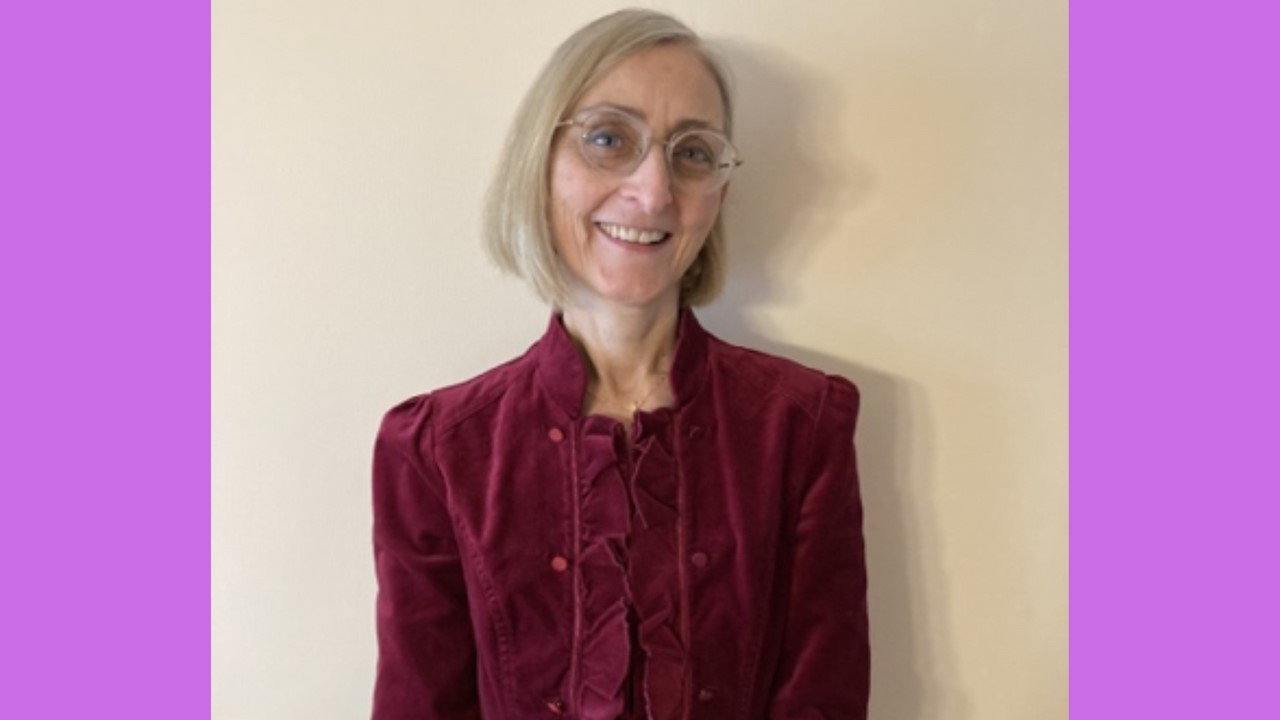Virginia Pichietti, Ph.D. Offers Insight Into the Importance of Learning a Language

Virginia Picchietti, Ph.D., faculty member in the World Languages and Cultures Department, teaches courses in Italian at The University of Scranton. She was interviewed recently regarding her experience as a professor and offered insight into the importance of learning a language.
Q: Which languages do you speak, and which would you say is your favorite?
"I speak Italian, English and French. I would choose French because I love the way it sounds."
Q: What inspired your interest in learning and studying languages?
"I learned English in grammar school here in the U.S. I decided to learn French in high school because I fell in love with it when I first heard it as a little girl. I continued my education in the language in college, earning a B.A. in French."
Q: What prompted your interest in teaching languages?
"I thought it would be a great way of helping people enter another culture in society and giving them another means of expressing themselves.
At the same time, through its literature and cinema, language helps people learn a different way of thinking and living, especially a different way of seeing the world and different possibilities for solving problems, including social problems."
Q: Where did you study prior to joining The University of Scranton?
"I got my B.A. in French and Italian at Rosary College in Illinois, now Dominican University. I got my master’s in Italian and my Ph.D. in Italian with a minor in film studies at Indiana University, Bloomington."
Q: When did you first start working at The University of Scranton and what has been one of your favorite aspects of teaching here?
"I started working here in 1995. My favorite thing about teaching here are the students because they are respectful, kind, and open to learning about other ways of being human. Also, my supportive and forward-thinking colleagues."
Q: Tell me more about the classes you are teaching this semester.
"I am teaching Beginning Italian 102 and Introduction to World Literature and Translation."
Q: What are your favorite courses to teach, and why?
"I love teaching the language courses because they help students learn Italian and be in conversation with another culture.
I love teaching Italian literature and cinema courses because we get to discuss issues such as social justice, class and gender from the perspective of Italians.
I also really love teaching Intro to World Literature because in this course students read texts that lend themselves to a discussion of social justice, race, gender and class."
Q: Tell me about your recent research projects.
"I just finished and submitted an article on the representation of the Italian Shoah in Roberto Benigni’s 'Life is Beautiful.' I am currently coediting a volume tentatively titled 'Grazia Deledda’s Painterly Aesthetic'. Grazia Deledda won the Nobel Prize for Literature in 1926."
Q: Why would you encourage a student to study world languages at the University?
"We are preparing students to be global citizens. To be a global citizen, you must be able to try to fully participate in the culture and society of the people with whom you have most contact. For example, if you have a job that brings you into contact with other people from a specific country, it is advantageous to be able to communicate as much as possible in their language or at least to understand it.
In a Jesuit university, we know we cannot expect everyone else to move toward us and speak English; to show respect and integrate ourselves into the global community, we must try to communicate in their own idioms and at least to move toward understanding their cultures."
- Submitted by Ximena Jimenez, The University of Scranton, World Languages Department graduate assistant






